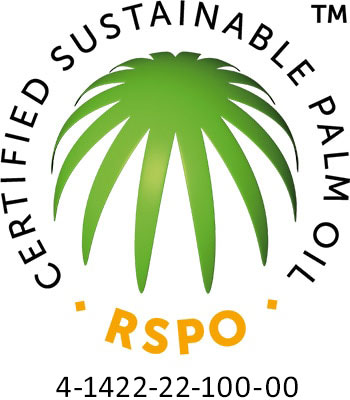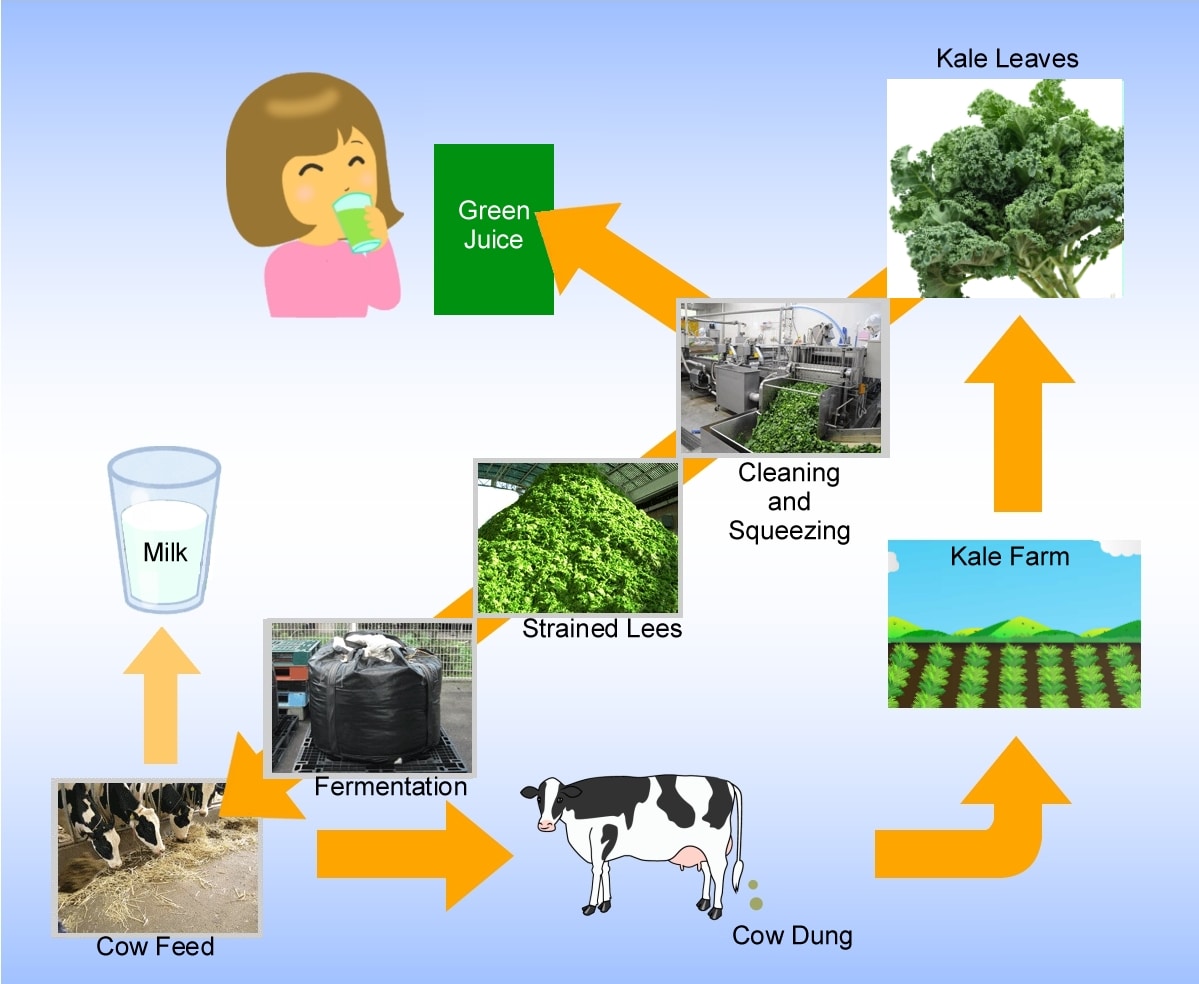We recognize that our business activities have an impact on biodiversity, so in order to protect this biodiversity, we promote the sustainable use of biological resources.
Targets
-
Procurement of sustainable palm oil
By FY 2027Maintained 100%FY 2024: 100%
(RSPO Mass Balance 85.4%
RSPO Book & Claim 14.6%)
- Certified paper, non-wood paper, recycled paper, etc.
- The scope includes the cosmetics and health food products of FANCL Corporation and ATTENIR CORPORATION.
Increasing Interest in and Importance of Biodiversity
The most recent Global Risk Report※1 has placed climate change-related risk and the risk associated with biodiversity loss as the most severe risks to be faced over the next 10 years. These also pose a major risk to economic activity. The UN Convention on Biological Diversity has also formulated Nature Positive※2, to urgently promote recognition of the importance of biodiversity.
We have a strong understanding of the importance of biodiversity in our business, as it is essential to many of the raw materials we use in our products. Therefore, we are actively looking to switch to sustainable raw materials. We have set targets for raw materials that have a particularly big impact on biodiversity and carefully manage their use.
- In the World Economic Forum's Global Risk Report 2024, the global risks ranked by severity for the next 10 years included "3. Biodiversity loss and ecosystem collapse" and "4. Natural resource shortages."
- Nature Positive is the global goal of the Kunming-Montreal Global Biodiversity Framework adopted at the United Nations Biodiversity Conference of the Parties to the UN Convention on Biological Diversity (COP 15) held in December 2022. Its mission is to halt and reverse biodiversity loss by 2030.
Initiative report
Procurement of sustainable palm oil
Palm oil is a vegetable oil obtained from oil palms grown in tropical regions. In Malaysia and Indonesia (the main producers of palm oil), there are serious issues related to large-scale deforestation of tropical forests due to agricultural development, and the human rights of agricultural workers. Since palm oil is also used in FANCL's main products such as Mild Cleansing Oil, we have set a goal of procuring sustainable palm oil. We joined the Roundtable on Sustainable Palm Oil (RSPO)※1 and the Japan Sustainable Palm Oil Network (JaSPON)※2.

Palm oil used in FANCL cosmetics and health foods is compliant with the RSPO mass balance method or RSPO book-and-claim method. Furthermore, under our policy of increasing the proportion of palm oil certified through the mass balance method, we have acquired RSPO supply chain certification for our factories (Chiba, Gunma, and Shiga plants) and in 2024, we achieved 100% sustainable palm oil procurement, with 85.4% certified by the mass balance method and 14.6% by the book-and-claim method. Going forward, we will gradually switch to palm oil certified by the mass balance method, and maintain 100% sustainable palm oil procurement.
- Roundtable on Sustainable Palm Oil
- Japan Sustainable Palm Oil Network
Use of environmentally friendly paper
We are actively promoting the use of environmentally friendly paper for cosmetics and health food containers and packaging.
FANCL has achieved a 100% adoption rate of eco-friendly paper for its products. In the fiscal year ended December 2024, we switched to eco-friendly paper packaging for multple ATTENIR products including Total Revitalize Mask, Hidan UV35 Face Protect Milk, and Hidan UV35 Brightening Pearl. We will continue to make steady progress toward achieving a 100% adoption rate.
Kale Juice
We process kale to produce kale juice at a factory in Seiyo, Ehime Prefecture. An issue with kale juice is that a lot of remnants are left over from the production process. It was because of this that we started to research how kale dregs could be used in feed for cattle, given the high level of dairy farming in this area of Japan. After two years of trial and error, we learned how to use it in high quality feed for cattle. At the same time, the manure produced by these cows is used to fertilize the fields, where, in turn, more nutrient-rich kale is grown, which can then be processed again into kale juice, achieving a complete recycling of materials. The process has been certified by Ehime Prefecture as a "Superior Model for Resource Recycling."

